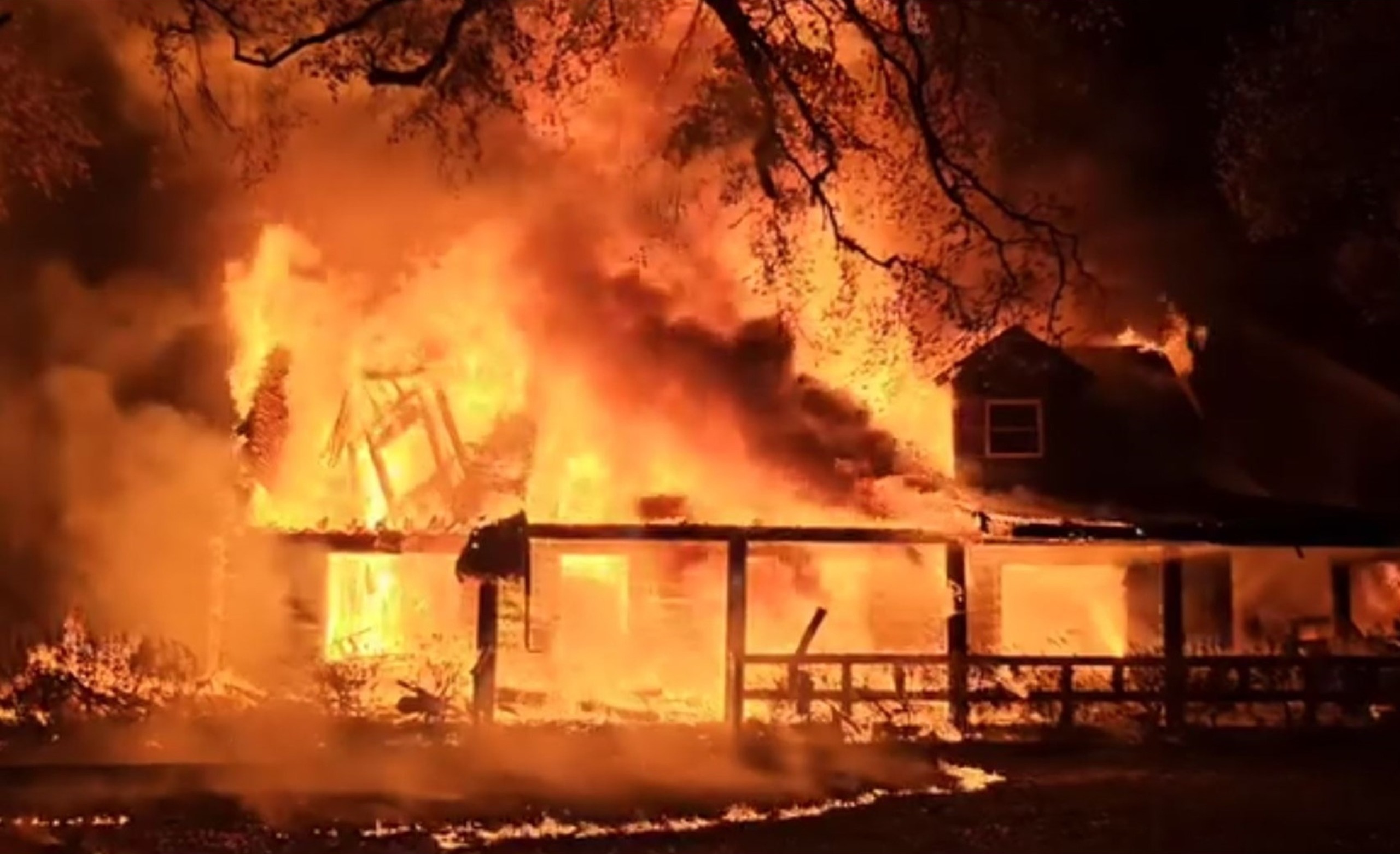
How To Survive In A House Fire
Buckle up as we dive into essential tips on how to survive in a house fire. Picture this: you’re at home, cozy and relaxed, when suddenly the unthinkable happens – a fire breaks out.
In moments like these, being prepared can make all the difference between devastation and survival. Knowing what to do in a house fire could save your life and the lives of your loved ones.
The Importance of Being Prepared
When it comes to house fires, preparation is key. Being ready for the unexpected can mean all the difference in a life-threatening situation. The importance of being prepared cannot be overstated, as fires can escalate rapidly and catch you off guard.
Having a plan in place ensures that everyone in your household knows what to do if a fire occurs. It’s not just about physical items but also about mental readiness – knowing how to stay calm and act swiftly under pressure.
Familiarize yourself with escape routes, designated meeting points outside, and practice fire drills regularly. Equip your home with smoke alarms on every floor and ensure they are working correctly. Take the time to discuss fire safety with your family members so that everyone is on the same page when an emergency strikes.
Remember, preparation is not just about having things in place; it’s about having peace of mind knowing that you have taken steps to protect yourself and your loved ones from potential disaster.
How to Create a Fire Escape Plan
Creating a fire escape plan is crucial for every household. Start by mapping out all possible exits from each room in your home. Identify primary and secondary routes to evacuate quickly and safely during a fire emergency.
Ensure that windows can be easily opened, screens removed if necessary, and everyone knows how to unlock doors and windows. Practice your escape plan regularly with all family members, including children and pets.
Designate a meeting point outside the house where everyone gathers after evacuating. This ensures accountability for everyone’s safety during an emergency. Make sure this location is at a safe distance from the house but easily accessible to emergency responders.
Keep important items like keys, phones, flashlights, and blankets near your designated exit points for quick access when escaping a fire. Stay calm during drills or real emergencies; panic can lead to confusion which may hinder swift evacuation efforts.
Remember that preparedness saves lives – take the time today to create and practice your family’s fire escape plan!
Essential Items to Have in Case of a House Fire
When it comes to being prepared for a house fire, having essential items within reach can make all the difference in ensuring your safety and survival. Investing in smoke detectors for each room of your home is crucial – early detection can give you precious extra moments to escape.
Keep a fire extinguisher on every floor of your house – knowing how to use it could help contain a small blaze before it escalates. Additionally, having a well-stocked first aid kit handy can be invaluable in treating minor injuries sustained during an evacuation.
Moreover, consider storing important documents like identification papers and insurance policies in a fireproof safe or waterproof bag to protect them from flames or water damage. Keeping a flashlight with fresh batteries near your bed can guide you through thick smoke if the power goes out during a fire emergency.
What to Do If You’re Trapped in a House Fire
Feeling trapped in a house fire can be terrifying; however, it’s crucial to stay as calm as possible. Remember, time is of the essence. If you find yourself unable to escape due to flames or smoke blocking your exit, close the doors behind you and seal any gaps with towels or clothing to keep smoke out.
If possible, use a phone to call 911 and inform them of your location within the house. Head towards a window if you can’t exit through the door. Signal for help by waving a brightly colored cloth or shining a light outside.
As smoke rises, staying low can help you breathe better. Keep in mind that breaking windows should be a last resort due to potential heat influxes from oxygen rushing in possibly fueling the fire further.
Always have an emergency escape ladder stored on upper floors for easy access during such situations. Prepare yourself mentally for this scenario so that if it ever happens, panic doesn’t cloud your judgment on what steps need taking next.
Preventative Measures to Avoid House Fires
Preventative Measures to Avoid House Fires are crucial in keeping your home and loved ones safe. Start by installing smoke alarms on every floor and inside each bedroom. Regularly test them to ensure they are functioning correctly.
Another important measure is to keep flammable items away from heat sources, such as stoves or heaters. Store matches and lighters out of reach of children.
Always be cautious when cooking, never leaving the kitchen unattended while food is cooking on the stove. Keep a fire extinguisher handy in case of emergencies, knowing how to use it effectively.
Regularly maintain your electrical wiring and appliances, checking for any signs of wear or damage that could potentially spark a fire. Educate yourself and family members about fire safety protocols and practice drills regularly.
By being proactive with these preventative measures, you can significantly reduce the risk of a house fire occurring in your home. Stay vigilant and prioritize safety at all times!
The Psychological Effects of Surviving a House Fire
Surviving a house fire can have lasting psychological effects that may linger long after the flames are extinguished. The trauma of experiencing such a catastrophic event can result in feelings of fear, anxiety, and helplessness. Flashbacks and nightmares about the fire may haunt survivors, making it difficult to move on from the experience.
The emotional toll of losing personal belongings or even loved ones in a fire can be overwhelming. It’s common for survivors to struggle with guilt or survivor’s remorse, wondering why they made it out alive while others did not. Coping with these complex emotions is essential for healing and recovery.
Seeking professional help from therapists or support groups can provide valuable tools for processing trauma and rebuilding a sense of safety and security. It’s crucial to prioritize self-care and allow oneself time to grieve and heal at their own pace.
Conclusion
In times of emergency, being prepared can make all the difference. Creating a fire escape plan and having essential items on hand are crucial steps in ensuring your safety during a house fire. Knowing what to do if you find yourself trapped can be a lifesaver, along with taking preventative measures to reduce the risk of fires in your home.
Surviving a house fire is not just about physical safety; it also entails dealing with the psychological effects that may linger long after the flames have been extinguished. It’s important to seek support and counseling if needed to cope with any trauma or anxiety resulting from such a harrowing experience.
Remember, being proactive and informed is key to surviving a house fire. Stay vigilant, stay prepared, and prioritize safety for yourself and your loved ones. Take action today to protect against tomorrow’s uncertainties – because when it comes to survival, every second counts.



